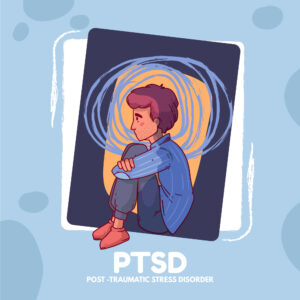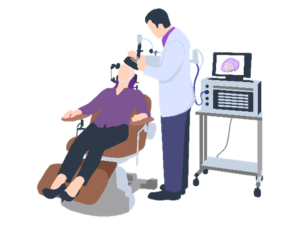Role of Neuroplasticity in TMS for OCD Recovery
Understanding the Concept of Neuroplasticity
Neuroplasticity, also known as brain plasticity, refers to the brain’s remarkable ability to reorganize and adapt throughout an individual’s life. This process involves the brain’s capacity to form new neural connections, reorganize existing ones, and adjust its function in response to experiences, learning, and environmental stimuli. Neuroplasticity also involves structural changes in the brain, such as the growth of new dendritic spines and the formation of new synapses. Additionally, synaptic pruning, the process of eliminating underutilized connections, contributes to the refinement of neural circuits, enhancing the efficiency of information processing and adaptation.
Explanation of neuroplasticity as the brain's ability to change and adapt
Neuroplasticity is a fundamental aspect of brain function that encompasses the brain’s ability to reorganize itself by forming new neural connections and altering existing ones. This dynamic process occurs throughout life and is essential for learning, memory, and adaptation to new experiences. At its core, neuroplasticity enables the brain to change and adapt in response to various stimuli, environmental influences, and learning opportunities.
Importance of neuroplasticity in learning, memory, and behavior
The importance of neuroplasticity in learning, memory, and behavior cannot be overstated. In the context of learning, neuroplasticity allows the brain to strengthen existing neural connections and create new ones. This neural plasticity facilitates the acquisition and retention of knowledge, the mastery of new skills, and the adaptation to new environments. It is the foundation of the brain’s ability to learn and adapt to new information and experiences. Neuroplasticity is intricately linked to memory function. Through its capacity to reorganize neural pathways, the brain can encode, store, retrieve, and update memories based on new experiences. This adaptability is crucial for memory formation, recall, and the integration of new information into existing cognitive frameworks.
In terms of behavior, neuroplasticity influences the brain’s responses to various stimuli and experiences. The brain’s ability to reorganize its neural circuits enables individuals to adapt their emotional and behavioral responses to different situations, effectively regulating emotions, making decisions, and navigating social interactions.
The influence of neuroplasticity on mental health disorders like OCD
The influence of neuroplasticity extends to mental health disorders such as Obsessive-Compulsive Disorder (OCD). Dysregulation in neural circuits and synaptic connections within the brain can contribute to the development and maintenance of OCD symptoms. By understanding neuroplasticity in the context of Obsessive-Compulsive Disorder, potential therapeutic interventions can be designed to harness the brain’s adaptive capacity. This can involve targeting specific neural circuits associated with OCD to promote adaptive changes and alleviate symptoms.
Mechanisms of Neuroplasticity in the Brain
Neuroplasticity involves complex mechanisms that drive the brain’s remarkable ability to adapt and reorganize itself throughout life. These mechanisms encompass the dynamic adaptation of synaptic connections, the pivotal role of neurotransmitters in synaptic plasticity, and the structural and functional changes that occur in the brain during neuroplastic processes.
Synaptic connections and neural pathways
Synaptic plasticity is a central aspect of neuroplasticity, whereby the strength and efficacy of synaptic connections between neurons are modified in response to activity and experience. This adaptive process is crucial for learning, memory, and cognitive flexibility. At the core of synaptic plasticity are phenomena such as long-term potentiation (LTP) and long-term depression (LTD), which respectively strengthen and weaken synaptic connections based on patterns of neuronal activity. These mechanisms enable the encoding and storage of information in neural networks, ultimately shaping an individual’s cognitive abilities and adaptive responses.
Role of neurotransmitters and synaptic plasticity
Neurotransmitters, the chemical messengers that facilitate communication between neurons, have a profound impact on synaptic plasticity and neuroplastic changes. For example, glutamate, the primary excitatory neurotransmitter in the brain, plays a crucial role in the induction of LTP, promoting the strengthening of synaptic connections associated with learning and memory formation. Additionally, neurotransmitters such as dopamine and serotonin modulate synaptic strength and contribute to the regulation of neural circuits, influencing various cognitive and behavioral functions.
TMS as a Stimulant for Neuroplasticity in OCD Treatment
Transcranial Magnetic Stimulation (TMS) has shown promise in leveraging neuroplasticity in OCD treatment by modulating neural activity and reshaping brain circuits. TMS involves the non-invasive application of focused magnetic fields to specific regions of the brain, leading to the modulation of neuronal activity and the induction of neuroplastic changes.
TMS protocols and techniques specifically targeting neuroplasticity in OCD
TMS protocols and techniques have been developed to target neuroplasticity in OCD treatment. By specifically directing repetitive magnetic pulses to areas such as the prefrontal cortex and the regions of the cortico-striatal-thalamo-cortical loop associated with OCD pathology, TMS aims to induce neuroplastic changes that can rebalance and disrupt dysfunctional neural circuits. The goal is to promote adaptive changes in neural connectivity and function, potentially leading to improvements in OCD symptoms and overall well-being.
Evidence and success stories of TMS-induced neuroplastic changes
The evidence supporting the use of TMS-induced changes of neuroplasticity in OCD treatment is building. Research studies have demonstrated alterations in neural activity and connectivity following TMS, suggesting that this modality can indeed lead to meaningful changes in brain function. Furthermore, clinical trials have shown promise in the use of TMS for OCD, with some patients experiencing significant reductions in symptoms and improvements in daily functioning.
As the TMS treatment doctors for OCD in Mumbai at our hospital noticed, success stories from individuals who have undergone TMS for OCD also provide anecdotal evidence of the potential for this treatment to induce neuroplastic changes and lead to positive outcomes. These real-life examples add weight to the growing body of research supporting the use of TMS as a means to leverage neuroplasticity in OCD treatment as therapeutic benefit.
Benefits and Limitations of TMS for OCD Recovery
TMS for OCD recovery presents significant advantages as a non-invasive treatment modality capable of inducing neuroplastic changes in targeted brain regions. However, its limitations include potential mild side effects, the need for multiple treatment sessions, and financial considerations. Understanding the benefits and limitations of TMS is crucial for informed decision-making and the effective integration of this therapy into comprehensive treatment plans for individuals with OCD.
Examining the advantages of TMS as an alternative treatment for OCD
A promising alternative treatment has emerged as TMS for OCD recovery with several significant benefits. TMS offers a non-invasive approach to modulating neural activity and inducing neuroplastic changes in targeted brain regions associated with OCD pathology. Its non-invasive nature means that it does not involve surgical procedures or implantation of devices, and it is generally well-tolerated by patients. This makes TMS an attractive option for individuals who may not respond to or have adverse effects from traditional treatments such as medication or psychotherapy.
Moreover, TMS has shown potential for promoting long-lasting effects on brain function, making it an appealing option for individuals seeking sustainable relief from obsessive-Compulsive Disorder (OCD) symptoms. The ability of TMS to induce neuroplastic changes in specific neural circuits provides a mechanism for potentially reshaping dysfunctional brain networks, leading to enduring improvements in symptoms and overall functioning.
Identifying the potential challenges and limitations of TMS therapy
However, alongside its significant benefits, TMS therapy also comes with several challenges and limitations. While generally well-tolerated, some individuals may experience mild side effects such as headaches or discomfort at the site of stimulation. Additionally, the need for multiple treatment sessions over an extended period may pose logistical challenges for some patients in terms of time and accessibility. Furthermore, the financial cost of TMS treatment may be a limiting factor for some individuals, particularly in regions with limited insurance coverage for this intervention.a



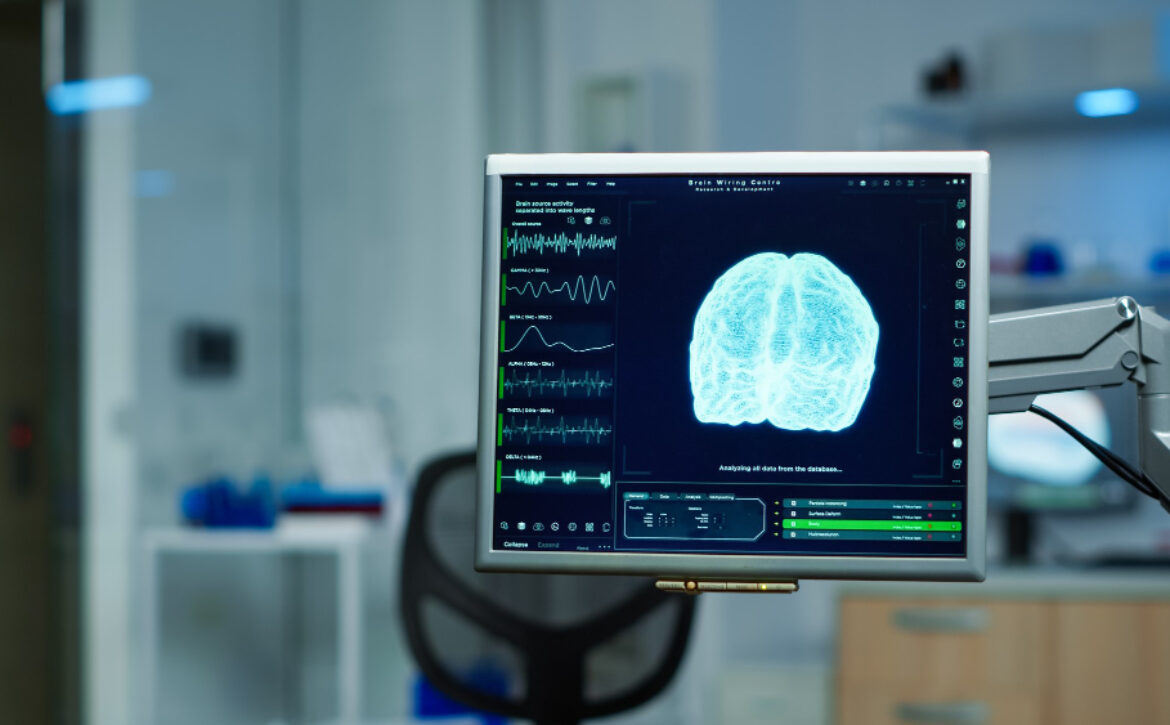
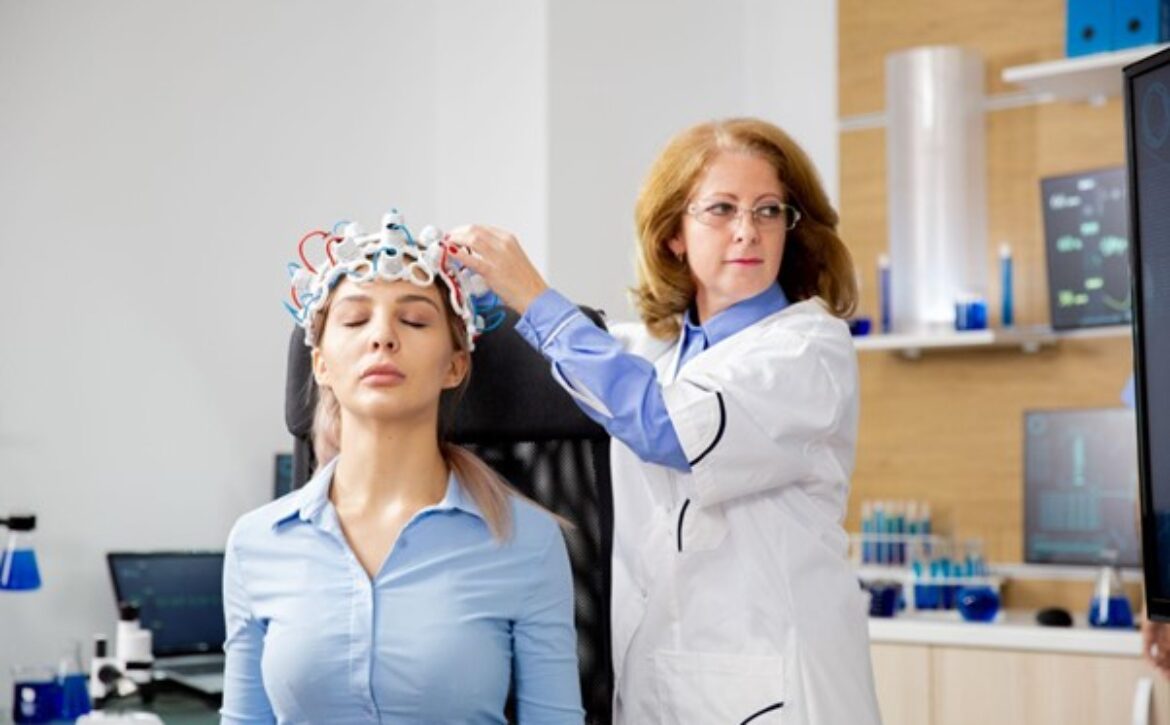

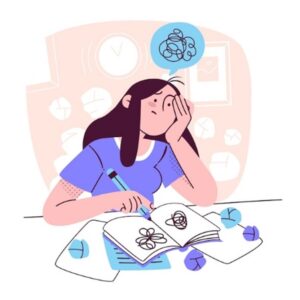 Anxiety can be paralyzing, making everyday life a constant struggle. It’s more than just regular nervousness; it’s a real challenge for your mental health. But there’s good news: dTMS doctors at the
Anxiety can be paralyzing, making everyday life a constant struggle. It’s more than just regular nervousness; it’s a real challenge for your mental health. But there’s good news: dTMS doctors at the 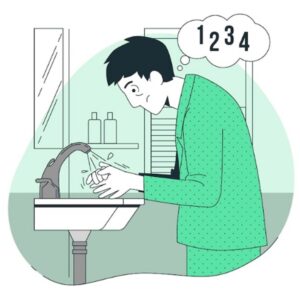 OCD is like having thoughts that won’t let go and doing things over and over again. It’s not just being neat; it’s a mental health challenge. But there’s hope: dTMS for OCD in Mumbai. Think of it as a gentle reset button for your brain. It can help you break free from those repetitive thoughts and actions. It’s like breaking a loop and finding a sense of freedom. Many people have found relief from OCD with TMS, making life more manageable and less burdened by obsessions and compulsions.
OCD is like having thoughts that won’t let go and doing things over and over again. It’s not just being neat; it’s a mental health challenge. But there’s hope: dTMS for OCD in Mumbai. Think of it as a gentle reset button for your brain. It can help you break free from those repetitive thoughts and actions. It’s like breaking a loop and finding a sense of freedom. Many people have found relief from OCD with TMS, making life more manageable and less burdened by obsessions and compulsions.